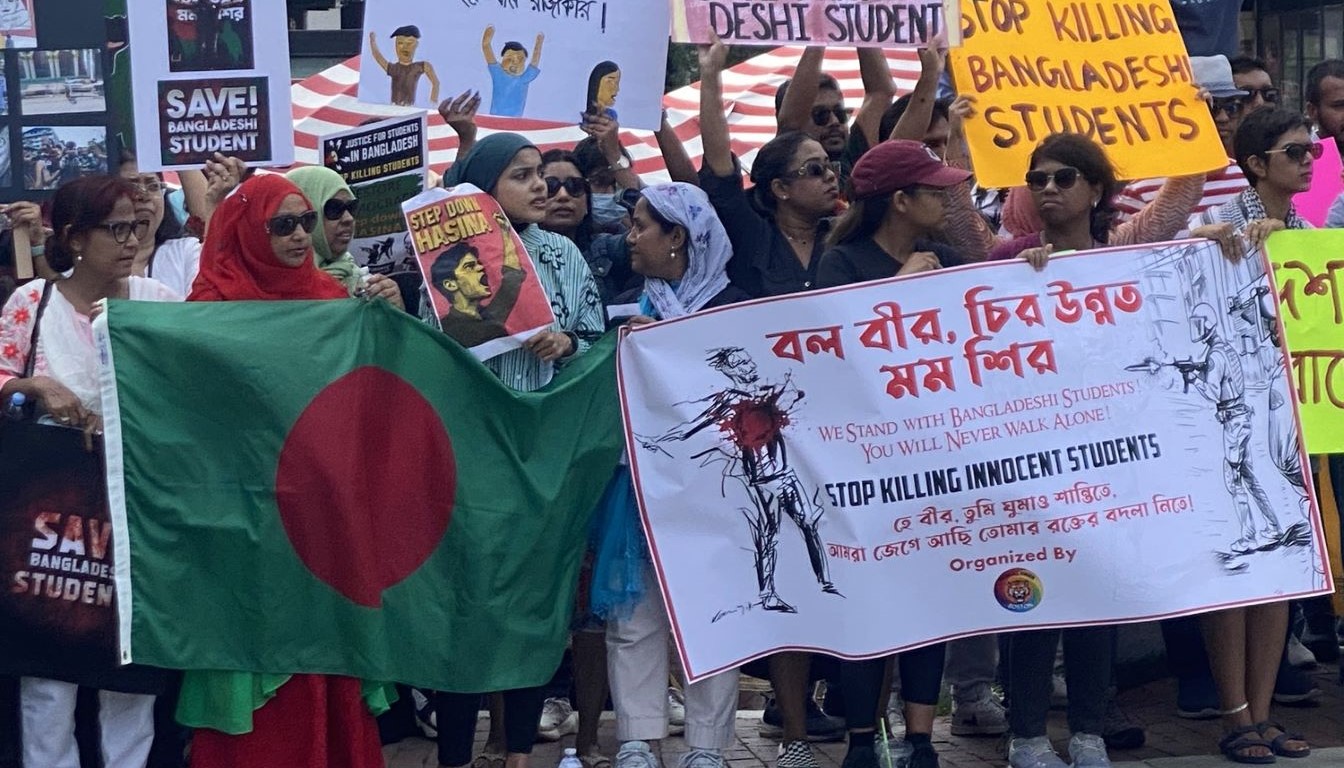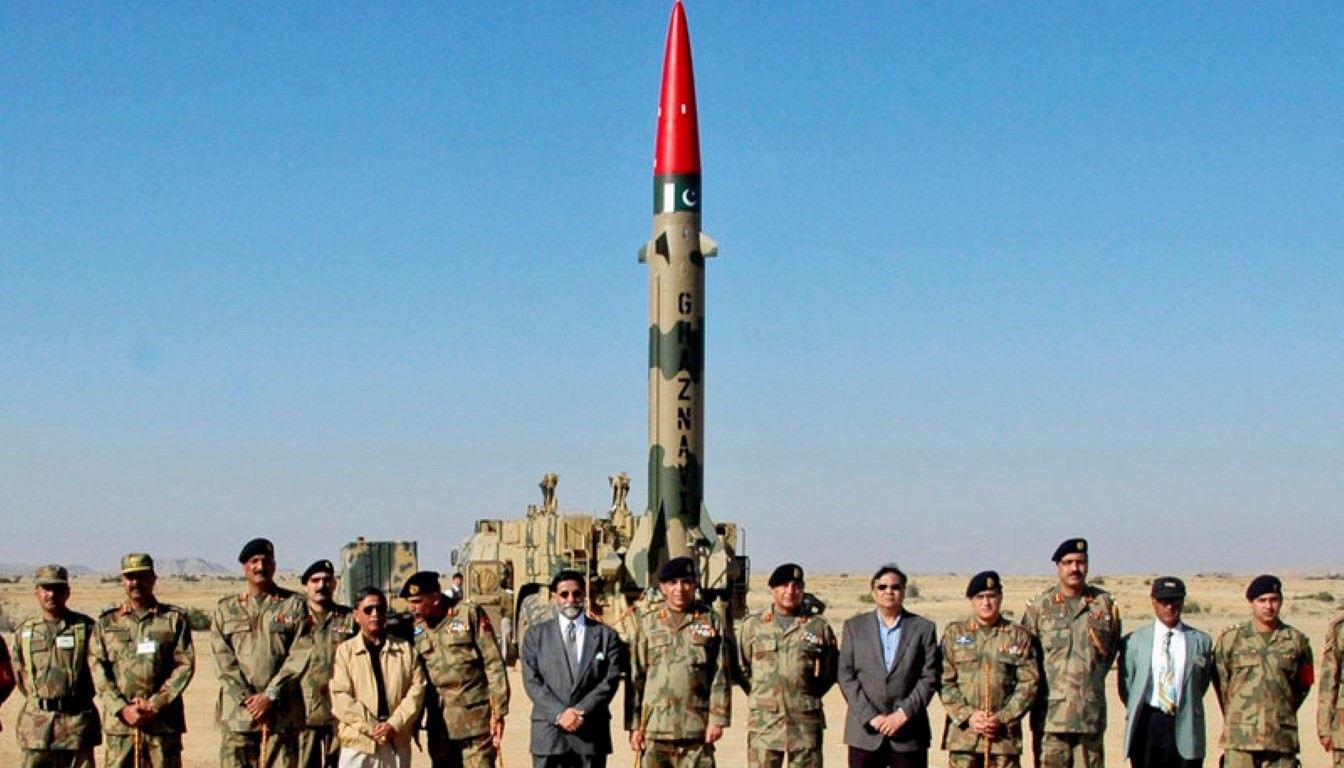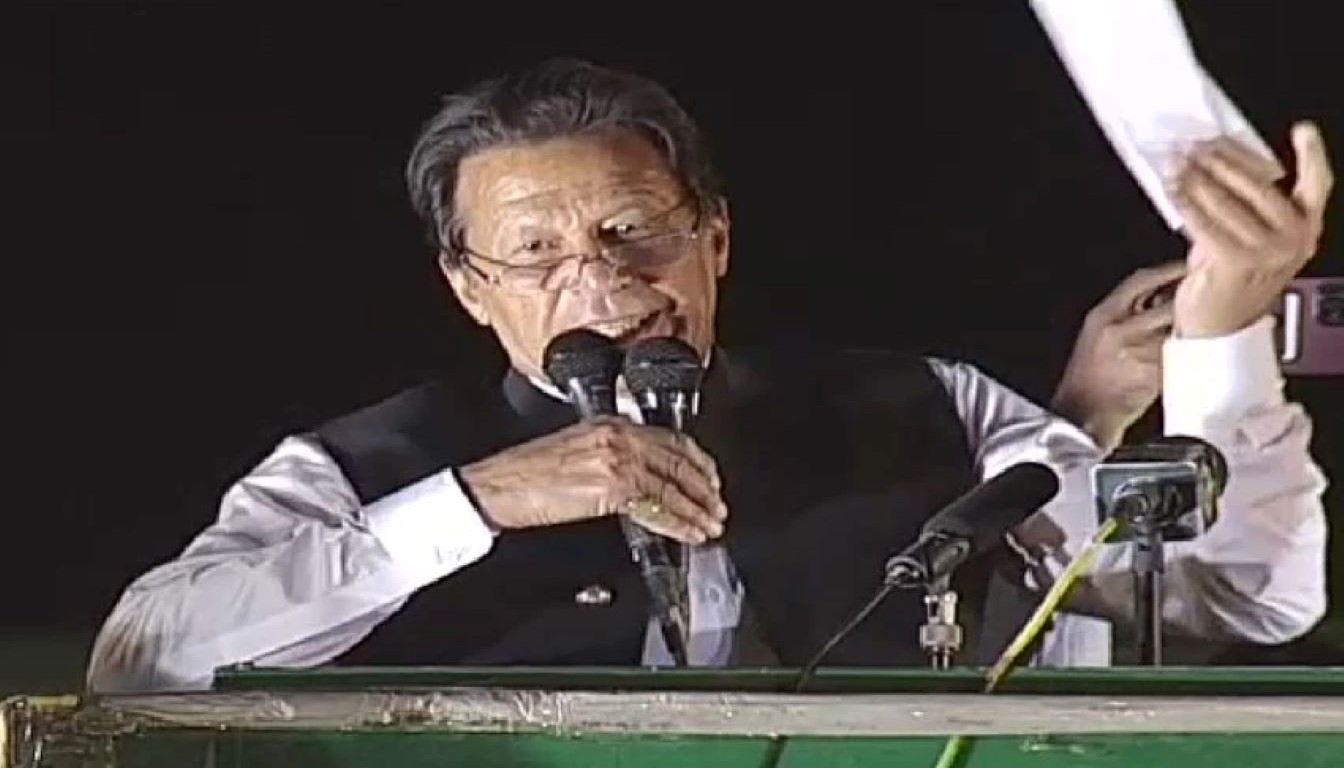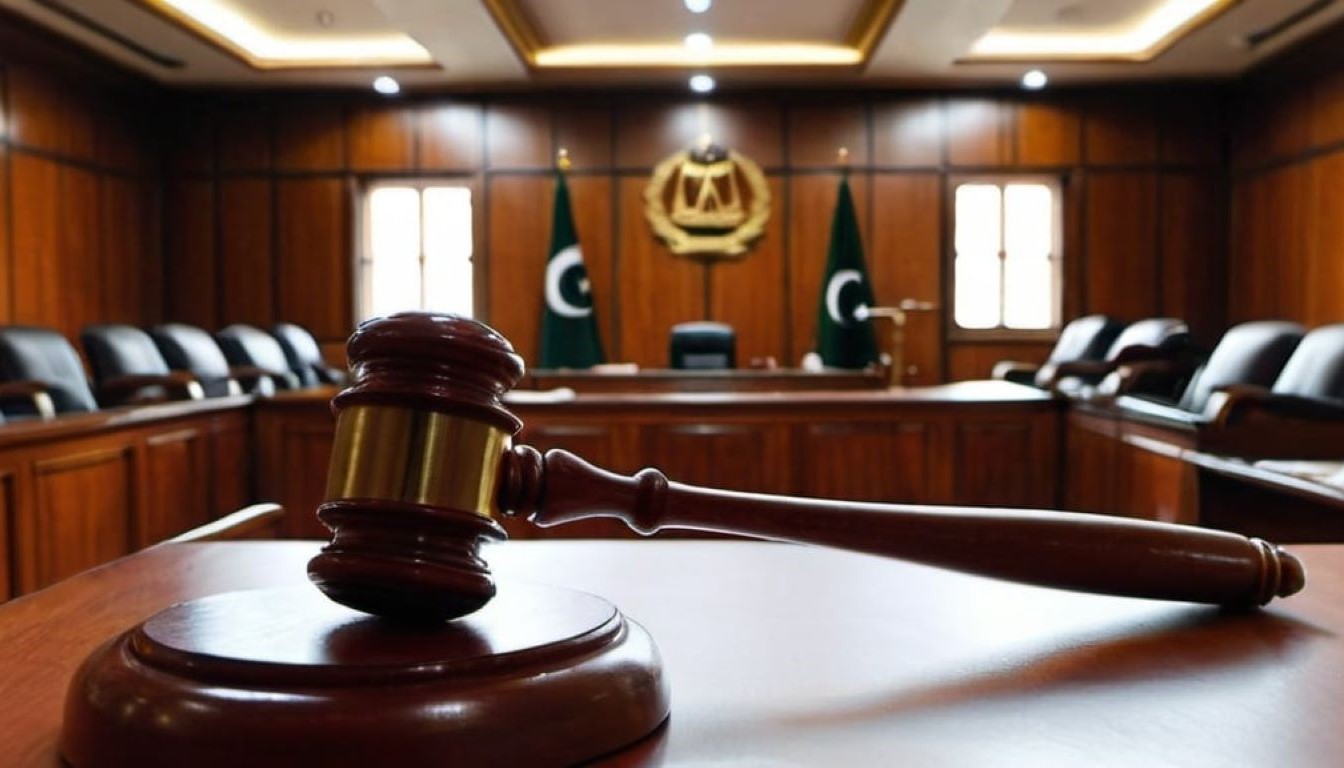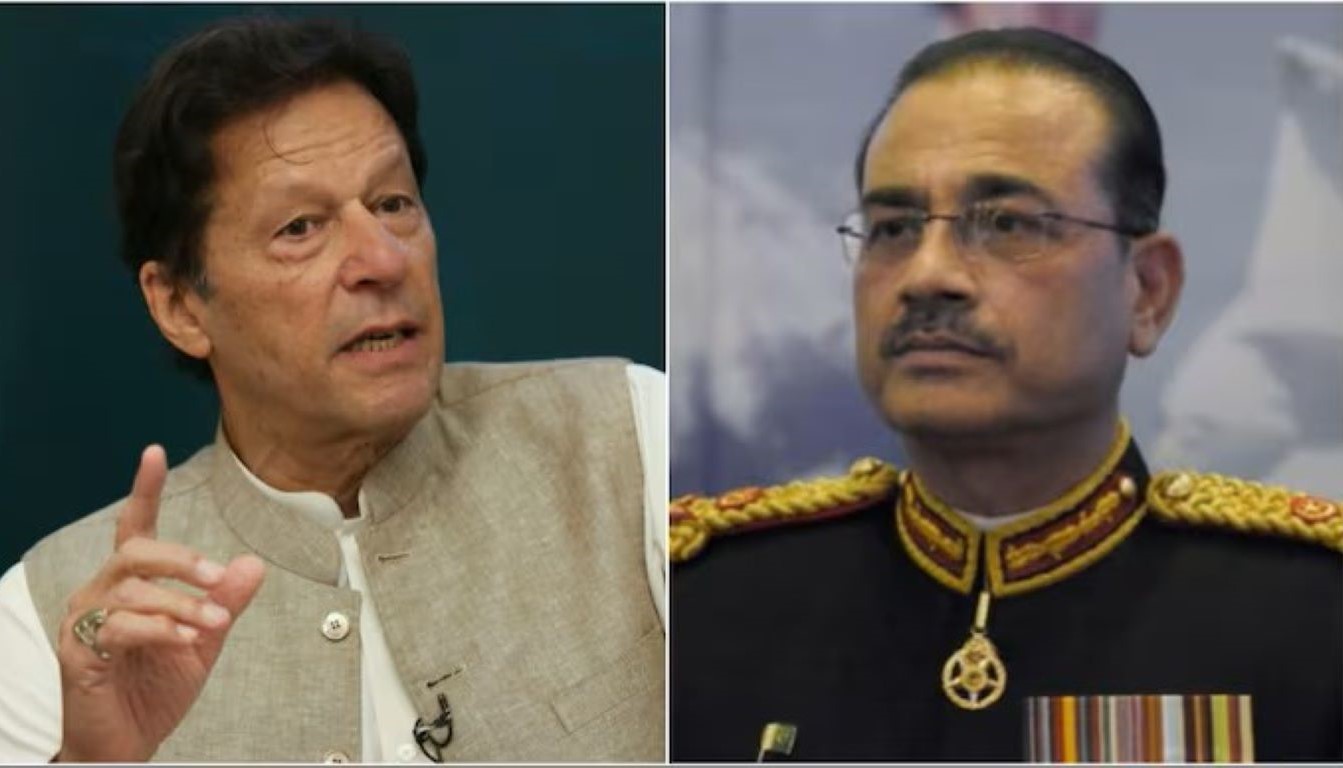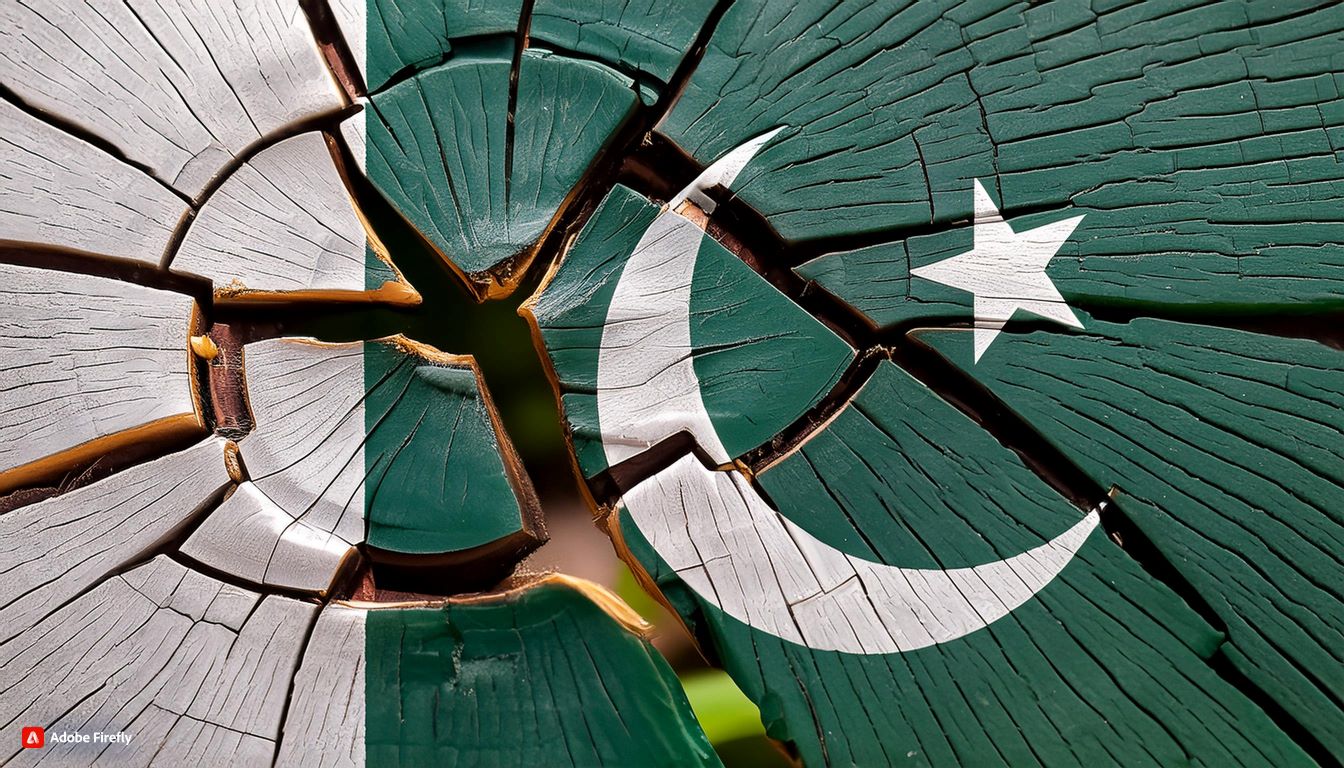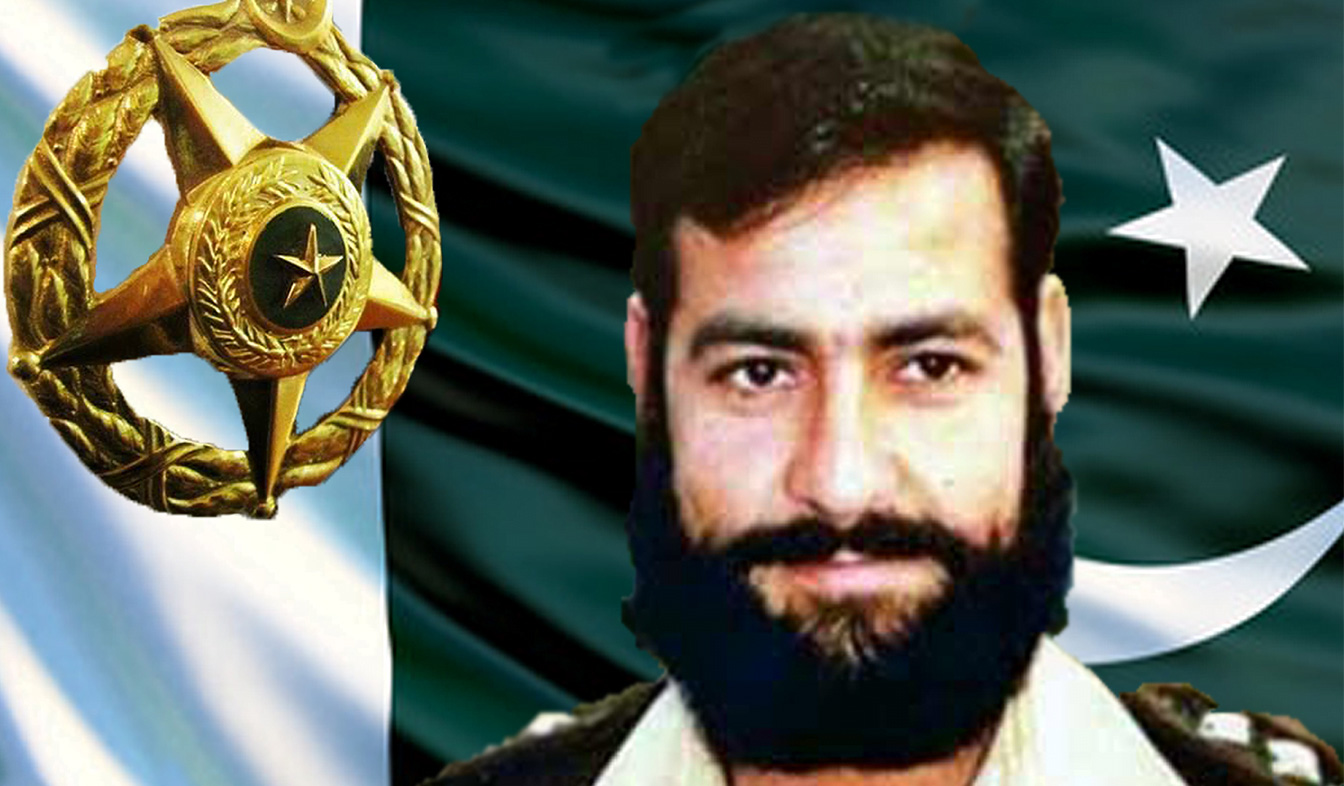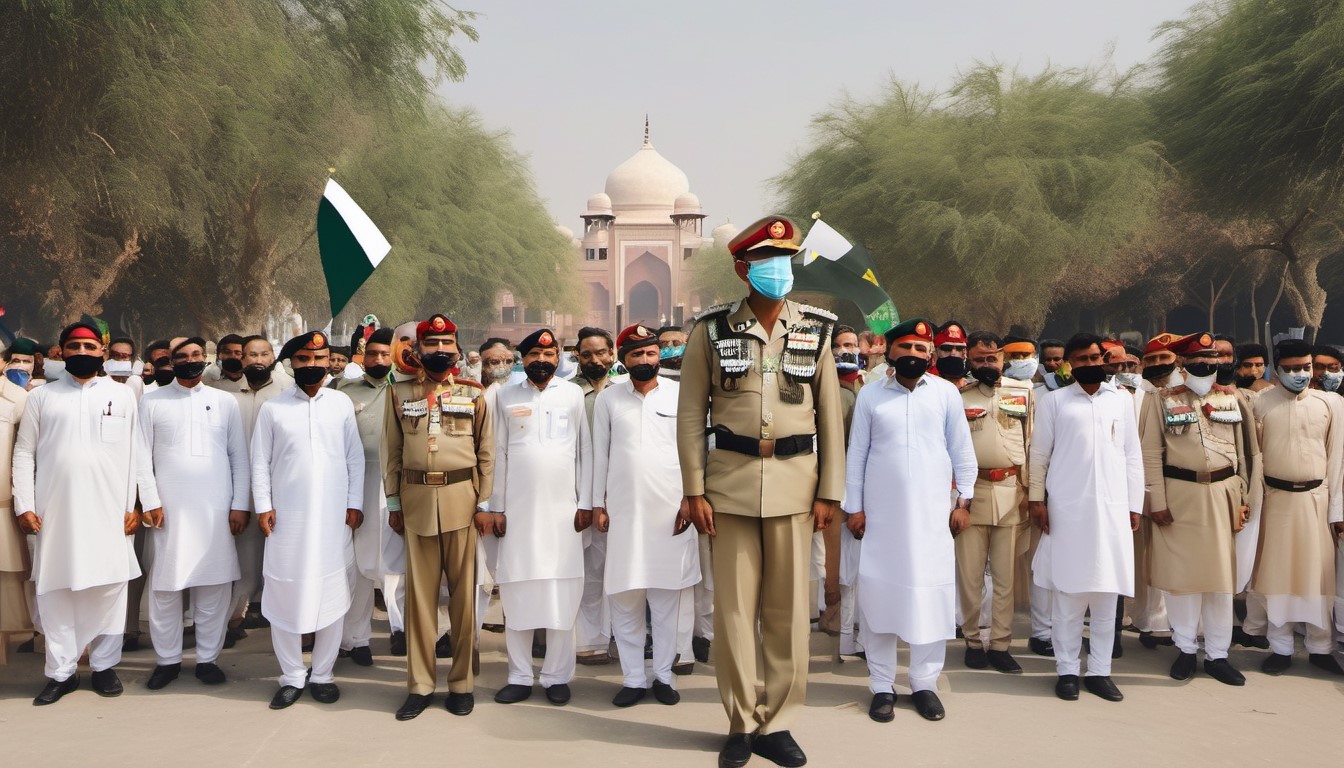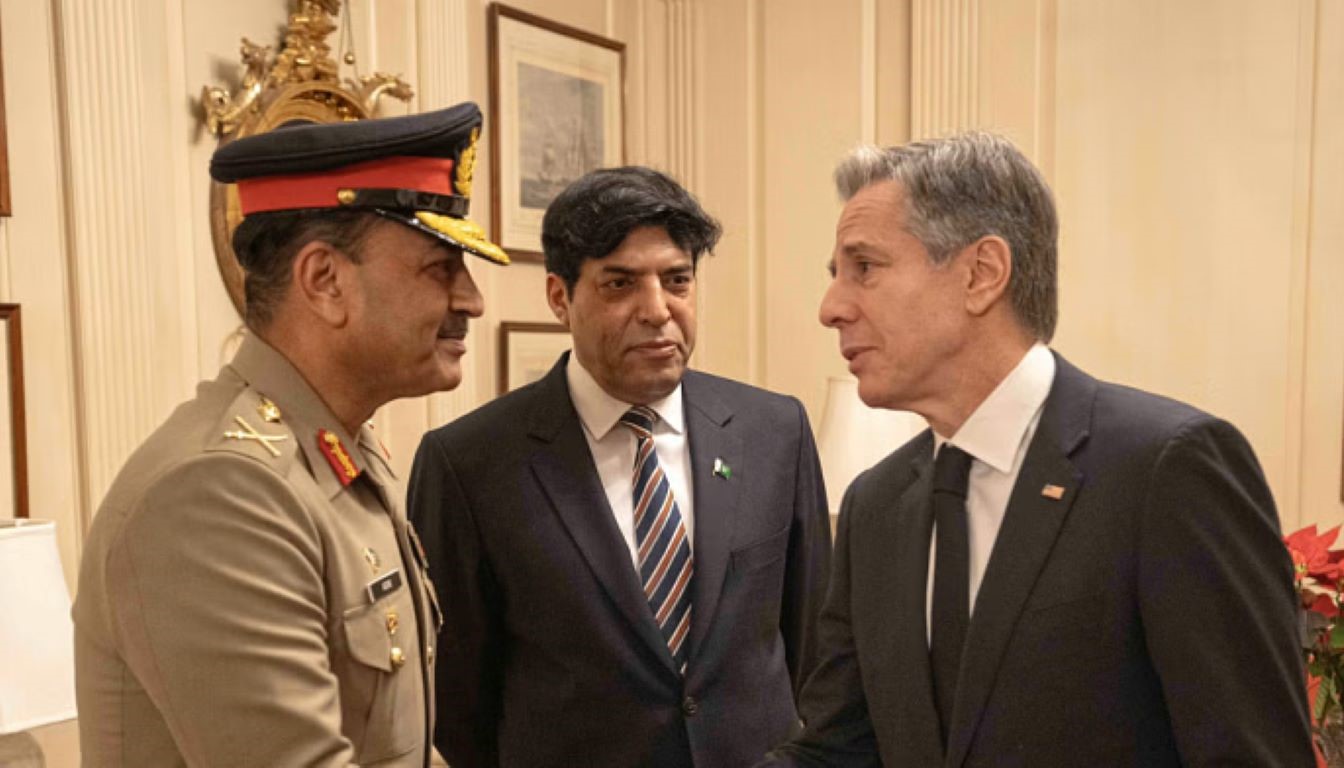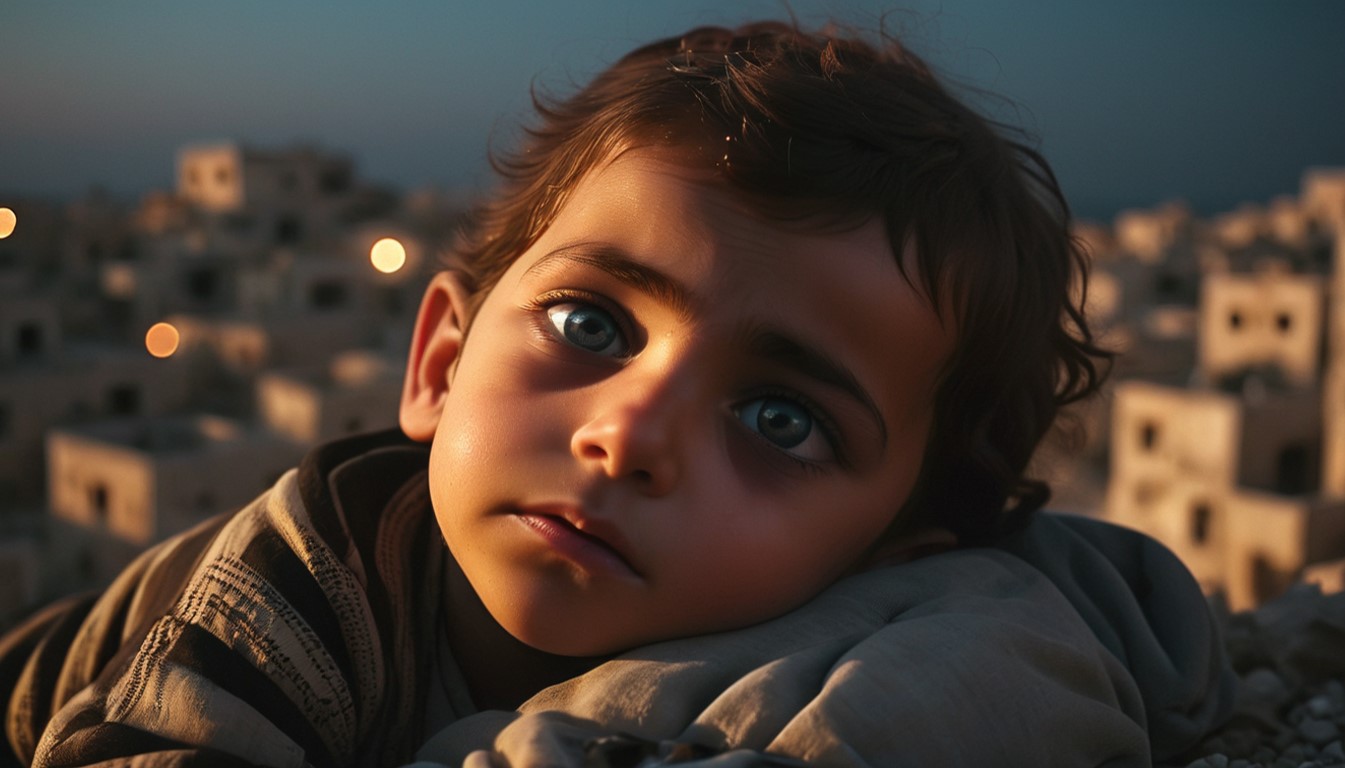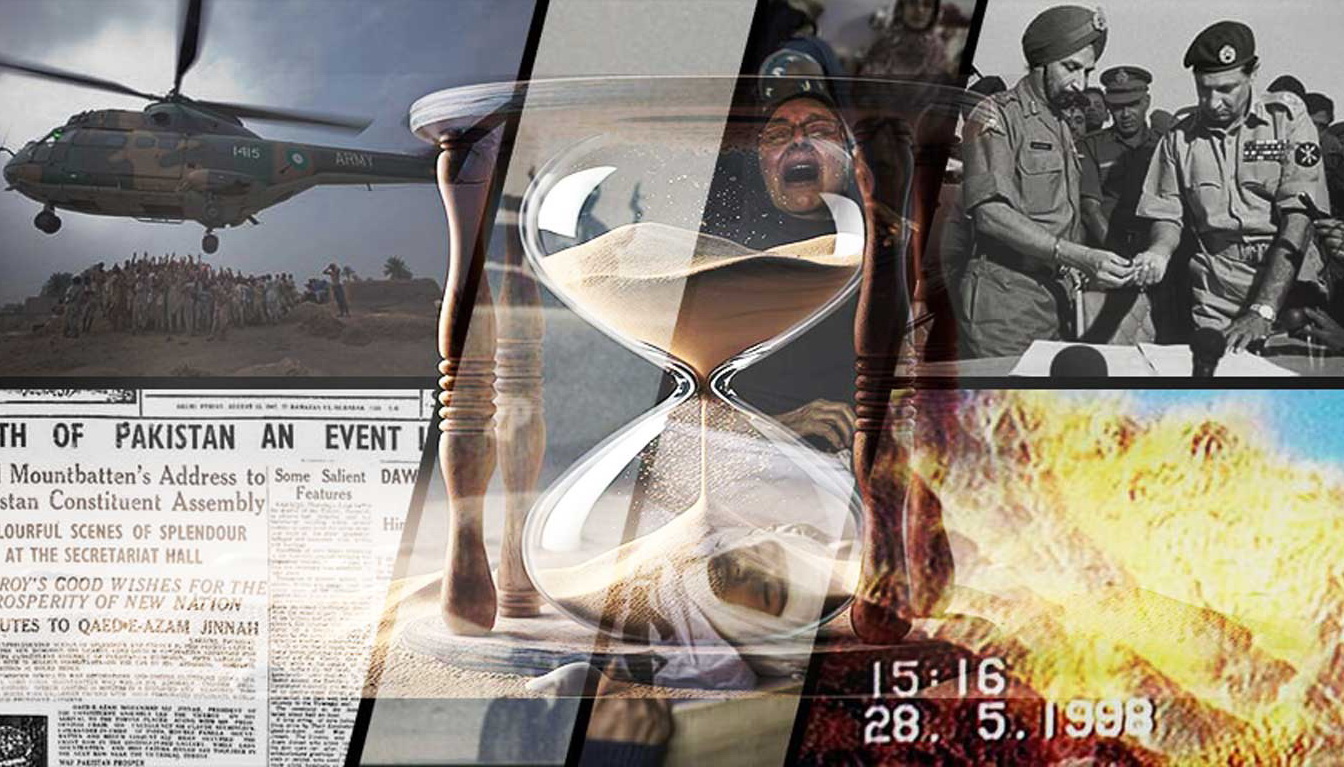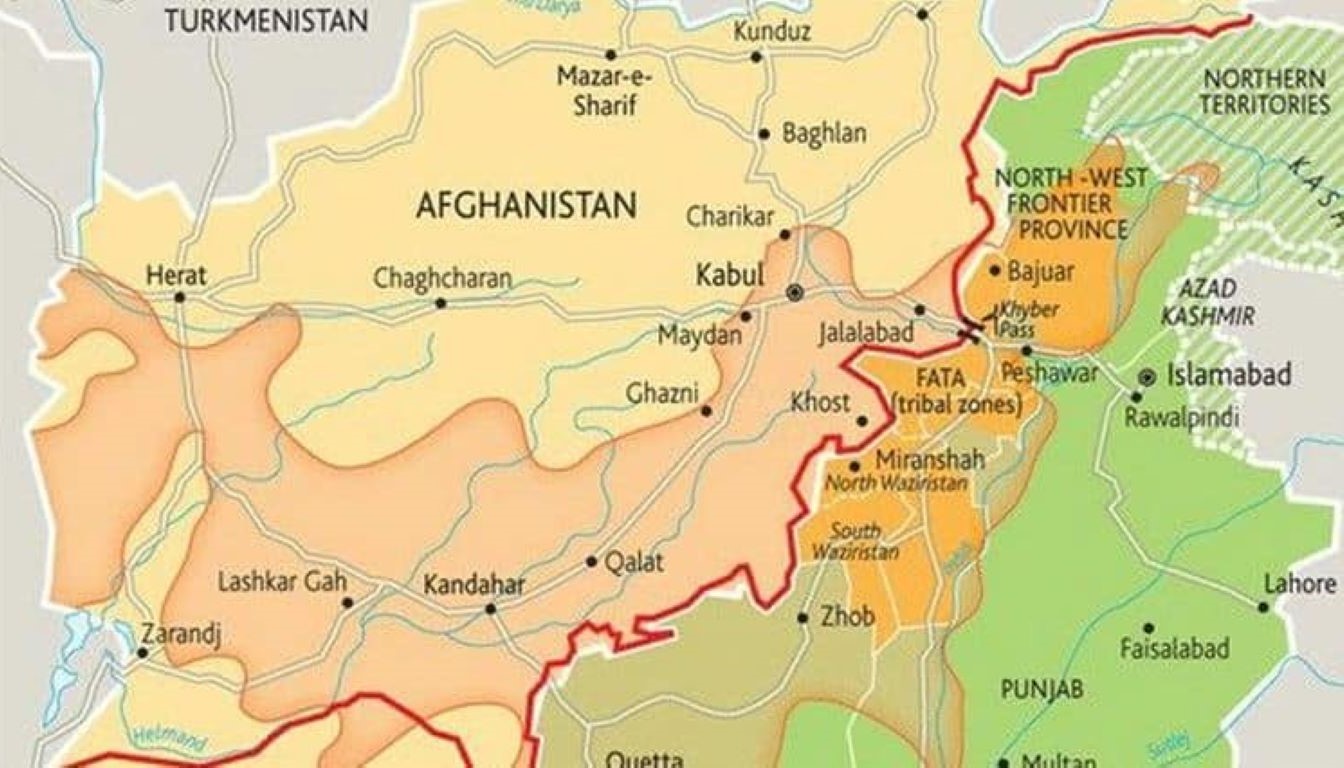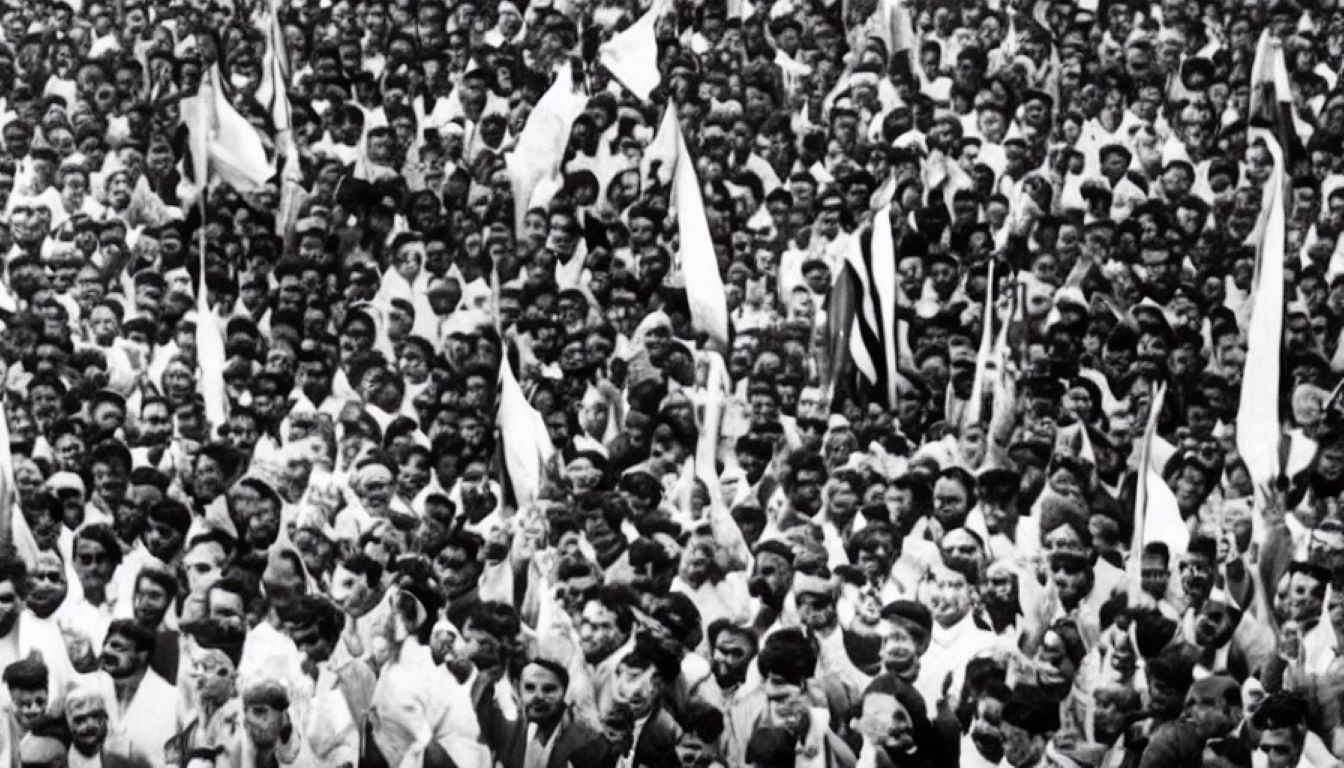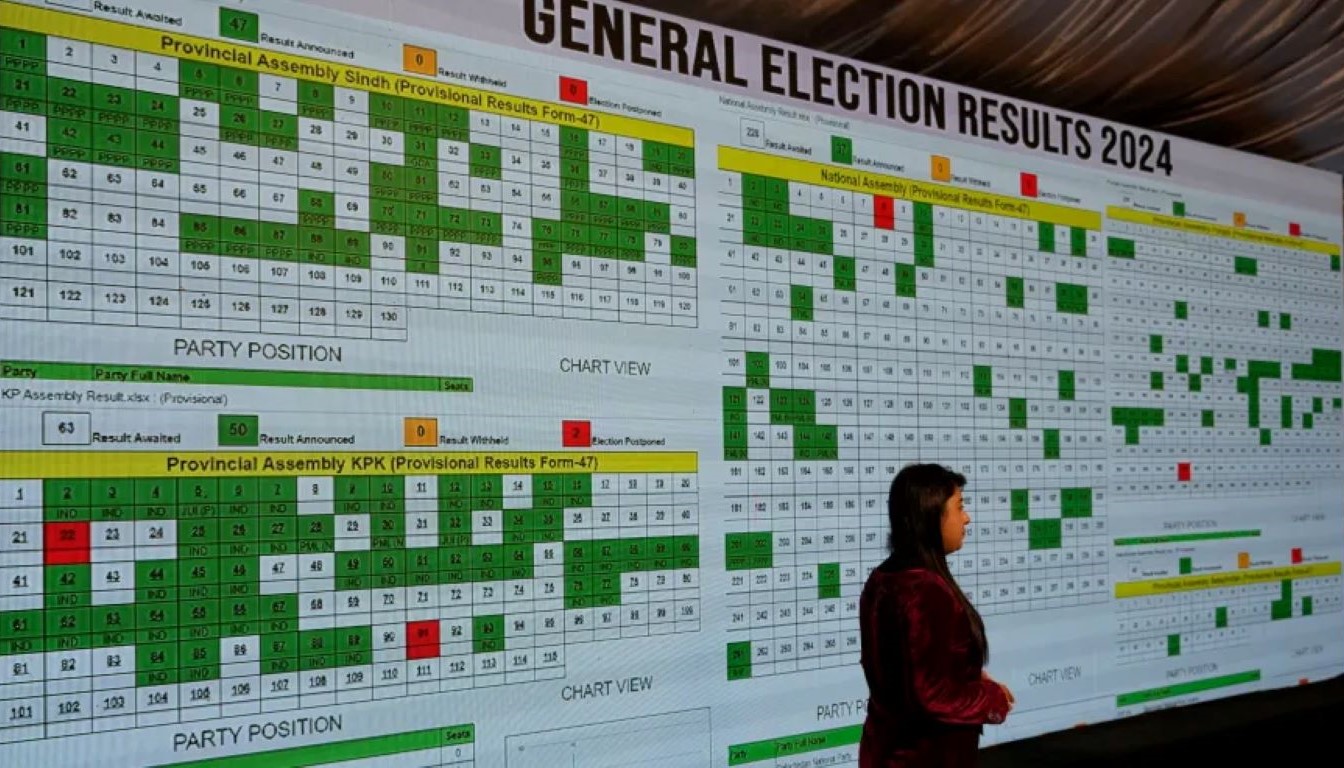On March 18, the Pakistan Air Force was compelled to strike 5 targets in Afghanistan. This would not have happened had it not been for a truck bombing in Pakistan on March 16 by elements of the TTP, who are afforded santuary by the Afghan government. Where will things go from here? I will answer this after I have recounted a bit of the history of Pak-Afghan relations.
To begin with, Afghanistan has always disputed the Durand Line as a valid border between our two countries. Their point is that this border was forcibly drawn by British muscle when Afghanistan had no power to challenge them. This point is difficult to dispute.
Thus our mutual relationship was not too good, and the Afghans were given to perpetrating border incidents, and also the odd pinprick deeper inland. One such incident took place when ZA Bhutto [then PM] was visiting KPK and he was at dinner with the Governor and some others. Gen Naseerullah Babar was IGFC at the time and was also in attendance. He suggested to Bhutto that if the Durand Line was the legal border, the posts of his scouts should be located right on the border, rather than being well short of it. He also told the P.M that Afghan pinpricks would only cease if we could also make life difficult for them in return; and that if this was desirable, he had good contacts on the other side, who could make this happen.
Bhutto gave a go ahead to Gen Babar on both counts. Soon the Afghans stopped bothering us. Indeed Babar’s contacts inside Afghanistan made a good enough impression on Sardar Daud, the Afghan President, so that the latter was soon amenable to extending a hand of friendship to Pakistan, and even to recognising the Durand Line as the border between the two countries.
Before this could be done, Bhutto was overthrown by Zia ul Haq, Gen Babar was put in jail, and his Afghan contacts were left to wither on the vine.
Sardar Daud’s offer of recognition of the border remained open to Zia ul Haq as well, but for one reason or the other, he refused to bite. But in Apr 1978 Sardar Daud’s government was overthrown by Communist coup, and Daud was killed. With him his offer also perished.
In end 1979 the Soviet Army had to move in to bring stablity to its proxy regime in Kabul. With this the incipient anti Soviet uprising of the “Afghan Mujahideen” also flared up.
This was led primarily by Gen Babar’s old Afghan contacts who were quickly appropriated by the ISI, while Afghans in their hundreds of thousands began streaming into Pakistan, seeking refuge. And US aid for the Afghan resistence began to pour into Pakistan as well. Because Zia was very supportive of the Afghans, for some years he was the most idolized man in Afghanistan. With time though, this began to change. And this change was being brought about because most rebel groups were being treated unjustly.
This needs to be explained. When US aid for the Afghan Mujahideen began to flow in, Pakistan interposed itself between the US and the Mujahideen. The aid had to be delivered to the ISI, and they would deliver it onwards to the Afghans after the desirous Generals had taken their cut. But denying the US direct contact with the Afghan commanders was smart thinking because this slammed the door shut on one avenue of exploitation of what had become essentially a Pakistani resource.
But what happened beyond this point was not quite as smart. It was decided that aid would be apportioned among the rebel groups in accordance with the number of men they deployed in battle. This was eminently fair. But what was not fair was Zia ul Haq’s decision that Gulbadin Hikmatyar was the right kind of Muslim i.e his kind. And so his men began receiving disproportionately large handouts of aid, at the cost of those who were doing most of the fighting.
This was obviously unjust. And injustice never works. So, in winning the gratitude of one group of rebels, Pakistan lost that of a far greater number. And with it we lost the chance of winning the hearts of a generality of the Afghans. This would fester as an anti-Pakistan grudge among those who felt unfairly treated. And upon the foundation of this grudge would be built a whole edifice as more blunders followed.
The deadliest Soviet weapons system that the Mujahideen had to confront was the attack helicopters. From 1986 onwards they began receiving the Stinger shoulder-fired anti-aircraft missiles from the U.S. These began taking their toll almost immediately as they were inducted into battle. This hastened the Geneva talks on Russian withdrawal from Afghanistan and an agreement to this effect was signed in April 1988. The last Soviet column left Afghanistan in Feb 1989.
Although both the US and the Soviets were keen to sign this agreement, Gen Zia was not. He wanted the war to go on longer, probably because our nuclear program was proceeding behind the cover of this war, and we needed a little more time to complete this. Therefore when P.M Mohammad Khan Junejo authorized his foreign minister, Gen Sahibzada Yakub Khan to sign the Geneva Accords, he did so despite Zia’s specific instructions to the contrary. So, no sooner were these Accords signed, than Zia dismissed the Junejo government.
On Aug 17, 1988 Gen Zia ul Haq and a number of Generals were killed in an air crash while returning after witnessing tank trials in Bahawalpur. There is little doubt that his departure was arranged by CIA for having outgrown his boots. There are others today suffering from similar problems with their boots, but despite the ardent prayers of 240 million people, divine notice has yet to be bestowed on them. Strange and incomprehensible can be the ways of God to ordinary mortals!
When the last Soviet troops left, Najibullah was the Afghan President. He was an Afghan, and the country did not have any foreign troops left on its soil. Perhaps the time was right for Pakistan to have pulled out of the war in Afghanistan. This may well have spared the country of a further three decades of civil war and foreign occupation.
Then came 9/11 and the renewed bombing and occupation of Afghanistan by a foreign power in the shape of the US. Gen Musharraf was most obliging when he went down on his knees even before Richard Armitage had the chance of telling him that they would bomb Pakistan to the “stone age” unless all US demands were met. Indeed when Gen Colin Powell spoke to Musharraf, the latter was willing to concede more than the US wanted him to. So, for the next decade or so, Musharraf remained the favourite third world General of the US.
The worst humiliation was now perpetrated on the fleeing or hiding Taliban. The US was paying $ 5000/- for each one of them who was ferreted out and handed over to them. One such was Mulla Abdul Salaam Zaeef, the Afghan ambassador to Pakistan. He was picked up, stripped naked, tortured, and sent over to Guantanamo Bay. His story of humiliation was repeated on thousands of Afghans. Pakistan was an eager and full participant in this dollar-earning scheme. And so, in 2021 when the Taliban finally defeated and sent the US packing, if Pakistan expected them to be friendly, it was sorely mistaken.
And then, in April 2022, Imran Khan’s government was overthrown at the behest of the U.S and local thugs. Imran is probably the only leader we have who is cognizant of the respect the proud Afghans deserved to allay the humiliation they were made to suffer at our hands. Without this, any expectation of cooperation or sympathy from a Taliban government would be the expectation of a fool.
So, the kinetic exchanges we’ve had with the Afghans between March 16 and 18 augur an unfolding future for us, which is the darkest we’ve yet experienced.
The solemn parade, to the accompaniment of mournful notes played by a band with which we consigned our fallen men to mother earth, was very poignant for me to watch on the screen of my computer. But just as this was followed by Asif Ali Zardari’s eulogy, all the solemnity of the occasion turned immediately to the ashes of our reality. It seemed that we were burying our fallen heroes draped in sheets of dripping hypocrisy.
The US has yet to forgive Haiti more than 120 years after its slave population dared to get rid of their white masters; or Cuba which swept away their puppets more than 60 years ago; or Iran which overthrew their contract employees 45 years back. The US is a sore loser. And Pakistan has now been perfectly set up as a stage for them where to inflict punishment on Afghanistan and vent their spite.
And it will suit our High Command perfectly to be equal participants in this exercise, largely because it will help deflect the attention of the common Pakistani who has been betrayed by them.
This will give rise to an escalating insurgency. More and more of the fallen will have to be buried. As this becomes the norm, bands will stop playing at the coming funerals. But even if they do, they will not be noticed.
The High Command, by betraying the people it is paid to defend, has put us on the path of civil war the strains of which Pakistan is ill-equipped to bear. The Generals seem to be certain that an increasingly starving population can have its hunger assuaged by fear of the baton. This policy will push increasing number of energetic youth into the waiting ranks of insurgents. An army which has lost the support of its people cannot overcome an insurgency. You will see Governor’s rule being imposed in KPK before the year is out. The twin insurgencies in Baluchistan and KPK will become a conflagration which will engulf Pakistan. The High Command will begin to understand what they’ve inflicted on their country only when the next phase of the upheaval begins. And that will begin when one of their own ranks is brought down by what they have so mindlessly and treacherously unleashed on their country.

